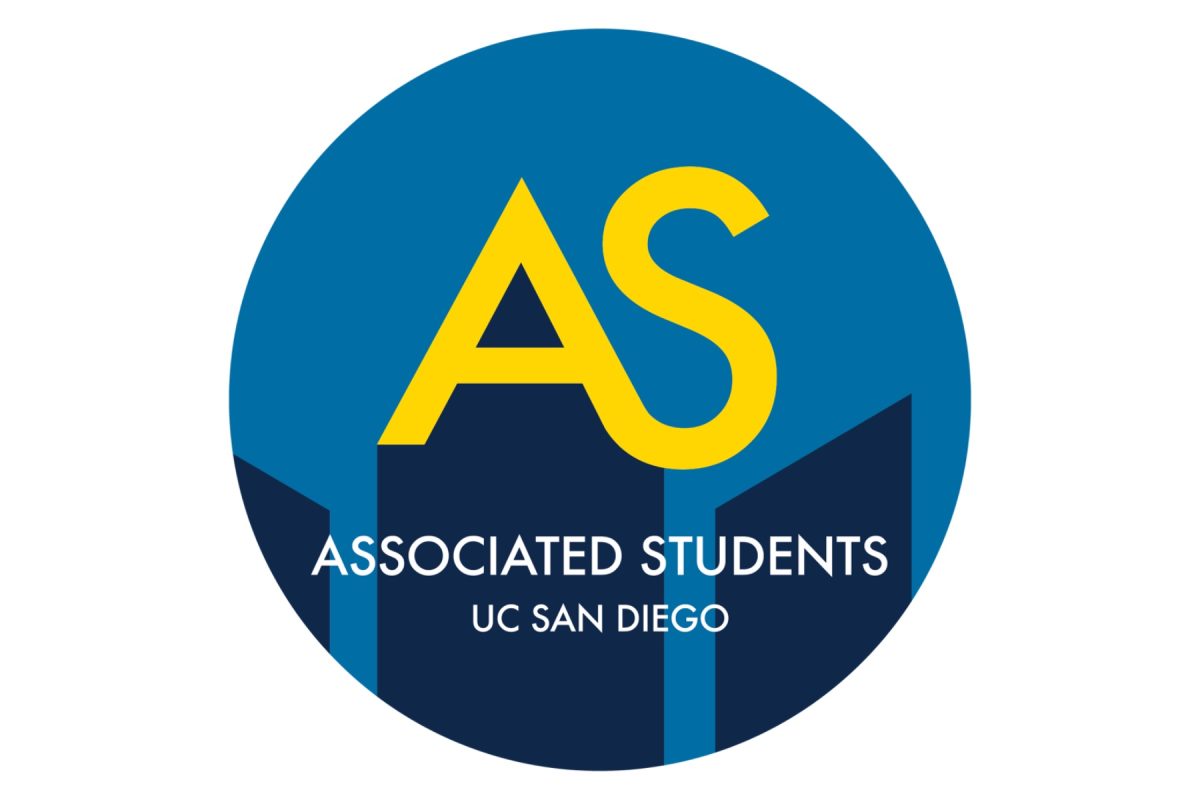The report lists changes at the U.S.-Mexico border that encourage economic growth in both countries.
According to a report issued on May 1, Global CONNECT, UCSD Extension’s research division, partnered with Creative Class Group, an urban-studies consulting firm based in New York, to advocate for the establishment of a “frictionless border” to encourage binational economic growth between the United States and Mexico.
The report, called “From Border Barriers to Binational Promise: What the Future Could Be With a Frictionless Border,” lists several demands that include improving cross-border infrastructures at ports of entry, diminishing the role of the U.S. Department of Homeland Security in border patrols and increasing the role of the U.S. Departments of State and Commerce.
Co-author of the report and Dean of UCSD Extension Mary Walshok explained that the term “frictionless” represents the researchers’ vision of a border that supports economic development between the U.S. and Mexico.
“By ‘frictionless,’ we are referring to the need for management, security and monitoring systems that will allow travelers and delivery trucks to cross the border more fluidly,” Walshok said. “In doing so, we will not lose the economic opportunities we are losing today.”
According to the report, the inadequate transportation infrastructures at ports of entry restrict the flow of traffic, resulting in the loss of job opportunities and billions of dollars in economic activity.
The co-authors of the report, Walshok and the founder of the Creative Class Group Richard Florida, cited a study conducted by a San Diego-area government organization in 2007 revealing an estimated loss of $2.9 billion and 40,000 jobs in the region between San Diego County and Baja California.
On a larger scale, the study showed that the U.S. and Mexican economies lose about $7.2 billion and 62,000 jobs.
Walshok addressed the concerns regarding illegal drugs, undocumented citizens and potential terrorists against relaxing border restrictions.
“Research has shown that, as a percentage, very few drugs have been apprehended in cars at the border,” Walshok said. “Additionally, terrorists tend to travel by air, not by car, so there is a concern that the U.S. has significantly over-responded to security issues without recognizing the economic benefits.”
Former San Diego director of field operations for U.S. Customs and Border Protection Rudy M. Camacho told the San Diego Union-Tribune that he opposes the establishment of a frictionless border and believes that a consensus must be reached among the U.S. agencies overseen by Homeland Security to efficiently set policies.
“You cannot set policy unilaterally,” Camacho said. “Working cooperatively is how policies and operations are designed.”
Florida regards border congestion as a major issue hindering economic growth that must be addressed sooner, not later.
“Place, not statehood, is the central axis of our time and of our global economy,” Florida said in an online May 1 PR Newswire article. “In this age of epochal economic challenges, we need to open doors, not close them.”








